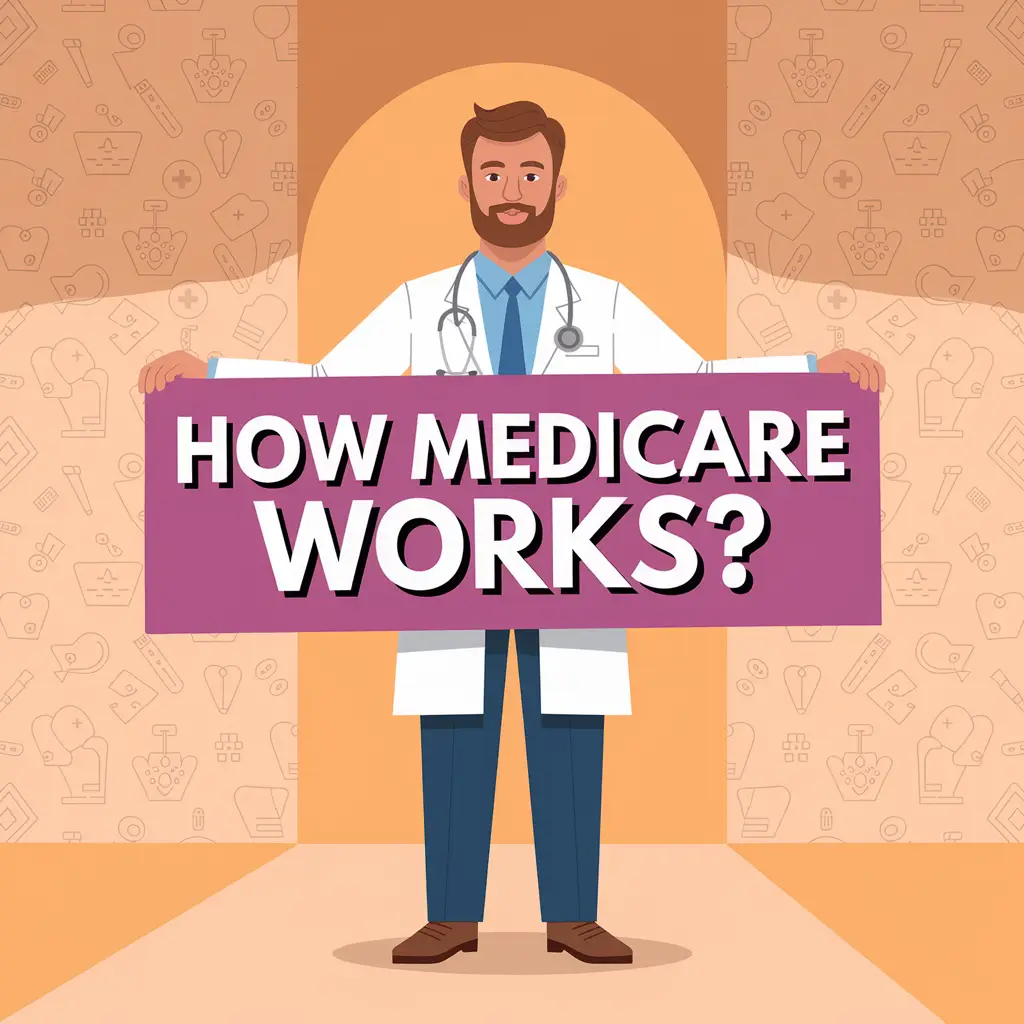Medicare Vision Coverage: What’s Included in 2024?
As we age, maintaining good eye health becomes increasingly important. Many seniors wonder about the extent of vision care coverage provided by Medicare. This post will explore what Medicare covers for vision care in 2024 and what additional options are available.
Understanding Medicare’s Vision Coverage
Original Medicare (Part A and Part B)
Original Medicare provides limited coverage for vision care:
Medicare Part A (Hospital Insurance)
- Covers vision care related to medical emergencies or trauma
- Example: If you need eye care during a hospital stay
Medicare Part B (Medical Insurance)
- Covers some preventive and diagnostic eye exams
- Includes treatment for specific eye conditions
What’s Covered Under Part B:
- Annual glaucoma screenings for high-risk individuals
- Diabetic retinopathy screenings for diabetics
- Diagnostic tests and treatment for age-related macular degeneration
- Cataract surgery and one pair of post-surgery eyeglasses or contact lenses
What’s Not Covered:
- Routine eye exams for eyeglasses or contact lenses
- Eyeglasses or contact lenses (except after cataract surgery)
- LASIK or other elective vision correction surgeries
Medicare Advantage and Vision Coverage
Many Medicare Advantage (Part C) plans offer additional vision benefits.
Common Vision Benefits in Medicare Advantage Plans
- Annual routine eye exams
- Allowance for eyeglasses or contact lenses
- Discounts on LASIK surgery
Considerations for Medicare Advantage Vision Coverage
- Coverage varies by plan and location
- May have network restrictions
- Often includes copayments or coinsurance
Standalone Vision Insurance
For those with Original Medicare or Medicare Advantage plans without vision coverage, standalone vision insurance is an option.
Benefits of Standalone Vision Plans
- Customizable coverage
- Choice of eye care providers
- Coverage for routine exams and eyewear
Factors to Consider
- Monthly premiums
- Coverage limits
- Waiting periods for certain services
Medicare Savings Programs and Vision Care
While Medicare Savings Programs don’t directly cover vision care, they can help free up funds for vision expenses by assisting with Medicare costs.
Types of Medicare Savings Programs
- Qualified Medicare Beneficiary (QMB) Program
- Specified Low-Income Medicare Beneficiary (SLMB) Program
- Qualifying Individual (QI) Program
Medicaid and Vision Coverage
For those eligible for both Medicare and Medicaid (dual eligibility), Medicaid may provide additional vision coverage.
Medicaid Vision Coverage Varies by State
- Some states offer comprehensive vision benefits
- Others provide only basic or emergency vision services
- Check with your state Medicaid office for specific coverage details
Tips for Affordable Vision Care in 2024
- Take advantage of free preventive screenings covered by Medicare
- Consider vision discount plans for savings on routine care
- Look into charitable organizations that provide free or low-cost eye care
- Ask about payment plans or cash discounts at your eye care provider
- Don’t skip routine check-ups to catch issues early
Conclusion: Navigating Vision Care with Medicare
While Original Medicare’s vision coverage is limited to medical necessities, you have options to ensure your eye health needs are met. Whether through Medicare Advantage, standalone insurance, or alternative programs, staying informed about your choices is key to maintaining good vision without excessive out-of-pocket costs.
Remember to review your coverage annually, as plans and your needs may change. Consult with Craig Smith for personalized advice on your vision coverage options.
By understanding your Medicare vision coverage and exploring additional options, you can look forward to clear vision and healthy eyes in 2024 and beyond.










